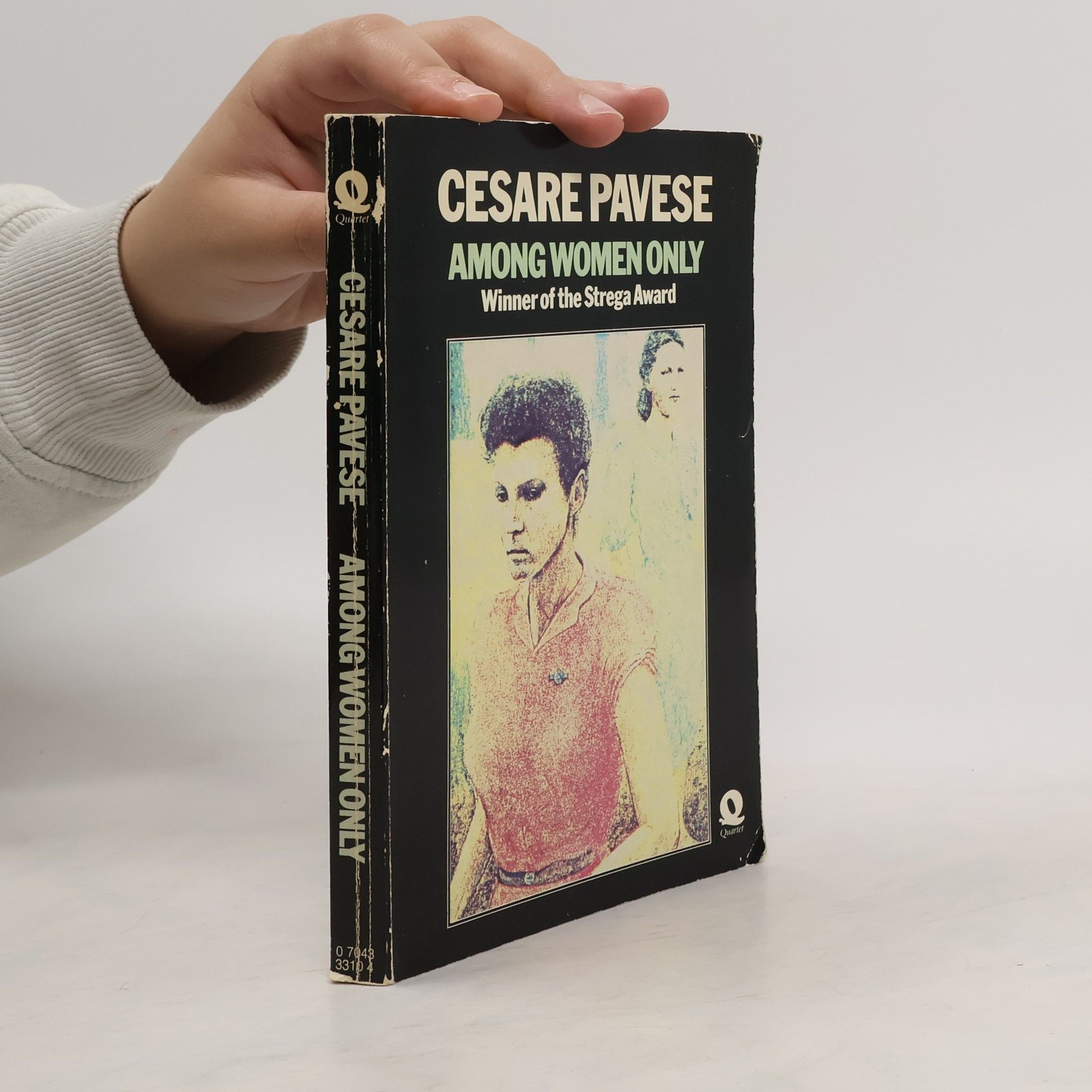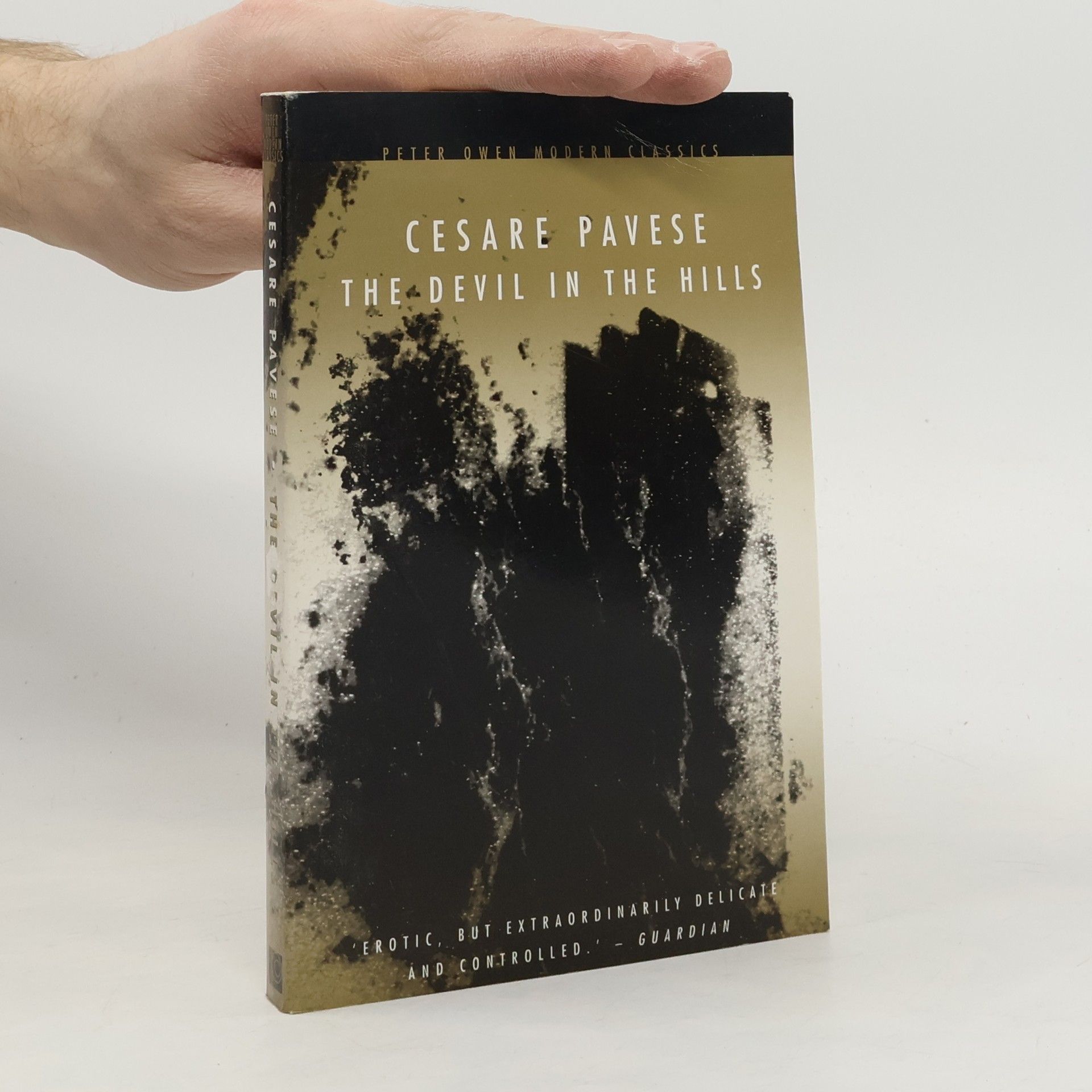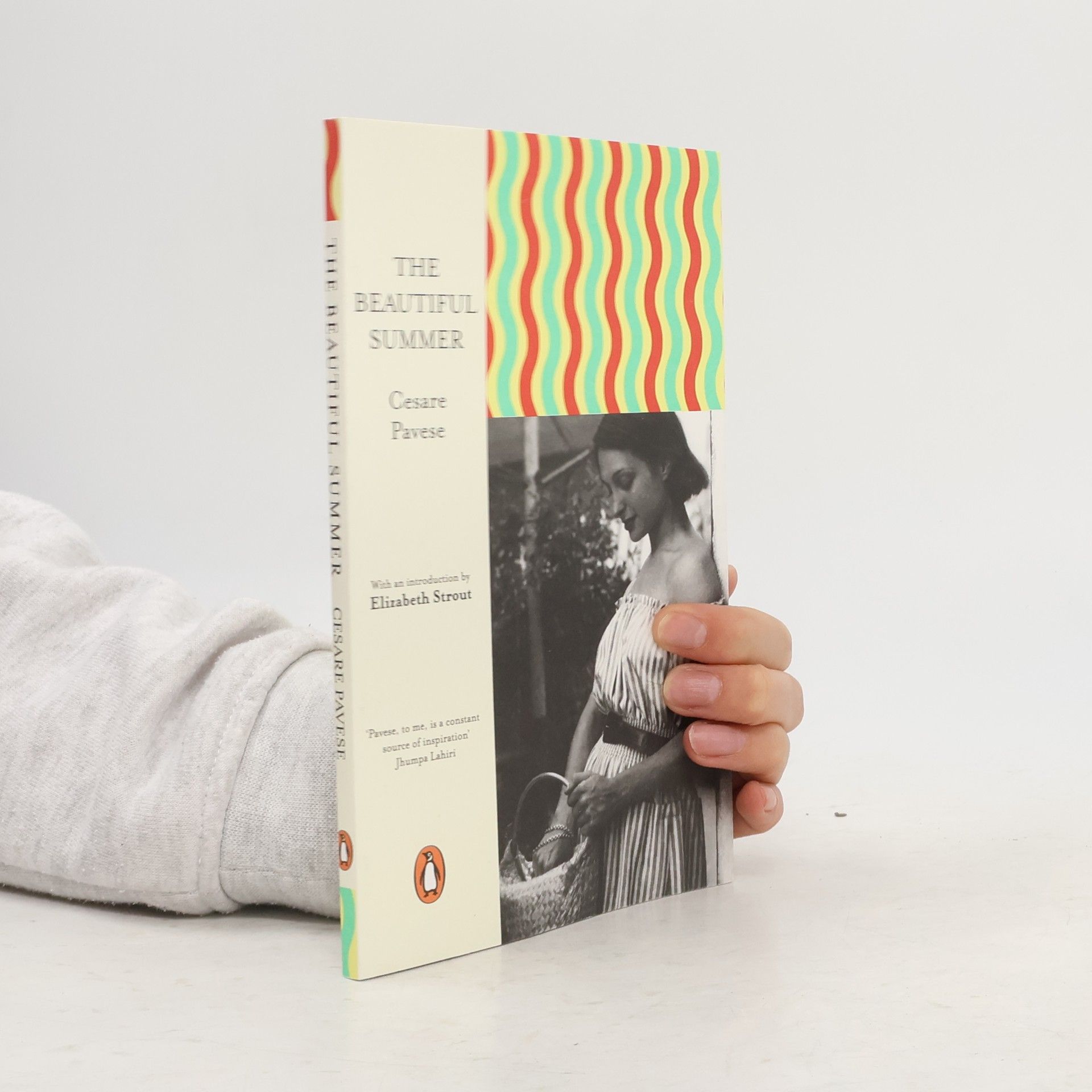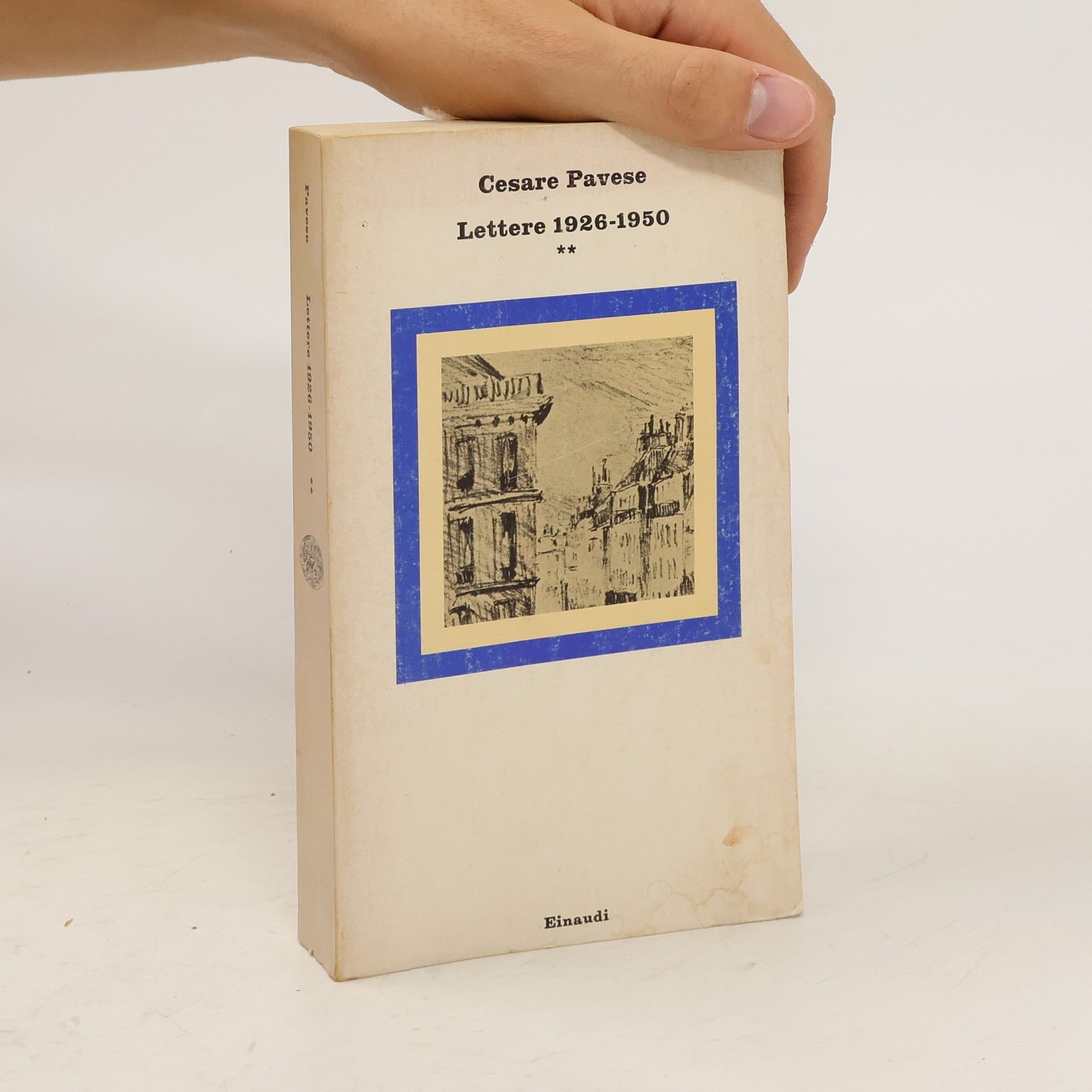Introspection is central to Cesare Pavese's work, leading him on a profound quest for self-understanding and truth about the world. His diaries, published posthumously, unveil the emotional and intellectual struggles that shaped his life and artistry. Considered one of Italy's most complex writers, Pavese's tragic suicide in 1950, shortly after receiving the prestigious Strega Prize, left a significant impact on the literary community. This reprint of his original diaries offers a deep insight into his anguished yet enlightening perspective.
Cesare Pavese Books
Cesare Pavese's work, primarily short stories and novellas, is deeply rooted in the exploration of childhood's sacred places and the search for self. Denied an immediate outlet under Fascist rule, he became a pivotal figure in introducing American literature to Italy through his significant translations. Pavese's writing is imbued with a profound engagement with myth, symbol, and archetype, often manifesting in poetically wrought dialogues that delve into the human condition. His narratives, characterized by a blend of bleakness and compassion, compellingly portray individuals grappling with their past and place in the world, solidifying his status as a significant voice in Italian letters.







The diary of Italy's greatest modern writer, who won the prestigious Strega Award shortly before his tragic suicide in 1950, offers a poignant glimpse into his thoughts and struggles. As he meticulously destroyed his private papers, this diary became a vital testament to his life and artistry, providing contemporary readers with profound insights into his mind and the circumstances surrounding his untimely death.
Hard Labor
- 160 pages
- 6 hours of reading
This landmark translation showcases the passionate and fiercely intelligent poetry of a pivotal twentieth-century Italian writer, exploring themes of coming of age. The work captures the emotional depth and complexity of youth, offering readers a profound insight into the struggles and triumphs of growing up.
The Moon and the Bonfires
- 192 pages
- 7 hours of reading
In Pavese's last and greatest novel, Nuto, an orphan saved from death by a rural family, returns to Italy from America soon after World War II. He is now rich, and much has improved at home, but peace and prosperity cannot long mask the enduring realities of love and death.
Peter Owen Modern Classics: The Devil in the Hills
- 190 pages
- 7 hours of reading
Set amongst the hills, vineyards, and villages of Piedmont, The Devil in the Hills centres on three young men as they spend what is seemingly their last free summer talking, drinking, sunbathing, and enjoying life. Fascinated with their wealthy acquaintance, Poli, they soon find themselves embedded in his world—his cocaine addiction, his blasphemy, and his corrupt circle of friends.
Clelia, a successful couturier, returns to Turin at the end of the Second World War. Opening a salon of her own leads her into a nihilistic circle of young hedonists, including the charismatic Rosetta, whose tragic death forms the novel's climax. Pavese's gritty tales of post-war Italy have led to frequent comparisons with Michelangelo Antonioni (Blowup, Beyond the Clouds), who successfully filmed Among Women Only as Le Amiche in 1955.
The Political Prisoner
- 240 pages
- 9 hours of reading
Exploring themes of isolation and emotional detachment, the first novella delves into the life of an anti-fascist ex-prisoner at a secluded Italian resort, highlighting the complexities of a loveless sexual relationship. The second story shifts to a vibrant colony of artists and models in Turin, addressing issues of corruption and personal growth. Cesare Pavese's nuanced storytelling captures the struggles of individuals grappling with societal and personal challenges.
The House on the Hill
- 176 pages
- 7 hours of reading
'Pavese's novels are works of an extraordinary depth where one never stops finding new levels, new meanings' Italo Calvino June, 1943. Allied aircraft are bombing Turin; fascist Italy is on its knees. Every evening, after a day's teaching in the city, Corrado returns to the safety of the hills and the care of his two doting landladies. He has no attachments, no obligations. Yet against his better judgement he is drawn to the easy warmth of a circle of anti-fascists who congregate at a nearby tavern, and confronted with a painful choice: emotional and political commitment, with all its dangers - or devastating retreat. Pavese's extraordinary semi-autobiographical novel is a lucid portrayal of missed opportunities and human weakness, set against the seductive intensity of the Italian countryside. Translated with an introduction by Tim Parks
The Beautiful Summer
- 112 pages
- 4 hours of reading
An astonishing portrait of an innocent on the verge of discovering the cruelties of love... an inimitable read... there are whispers here of the future work of Elena Ferrante Elizabeth Strout, from the introduction

